Positive signal
China and India have pledged to work together to find an early solution to their decades-long border dispute in the Himalayas. Concluding their 31st round of diplomatic talks on the issue on Thursday, both countries committed to strengthening relations and further de-escalating tensions along the border.
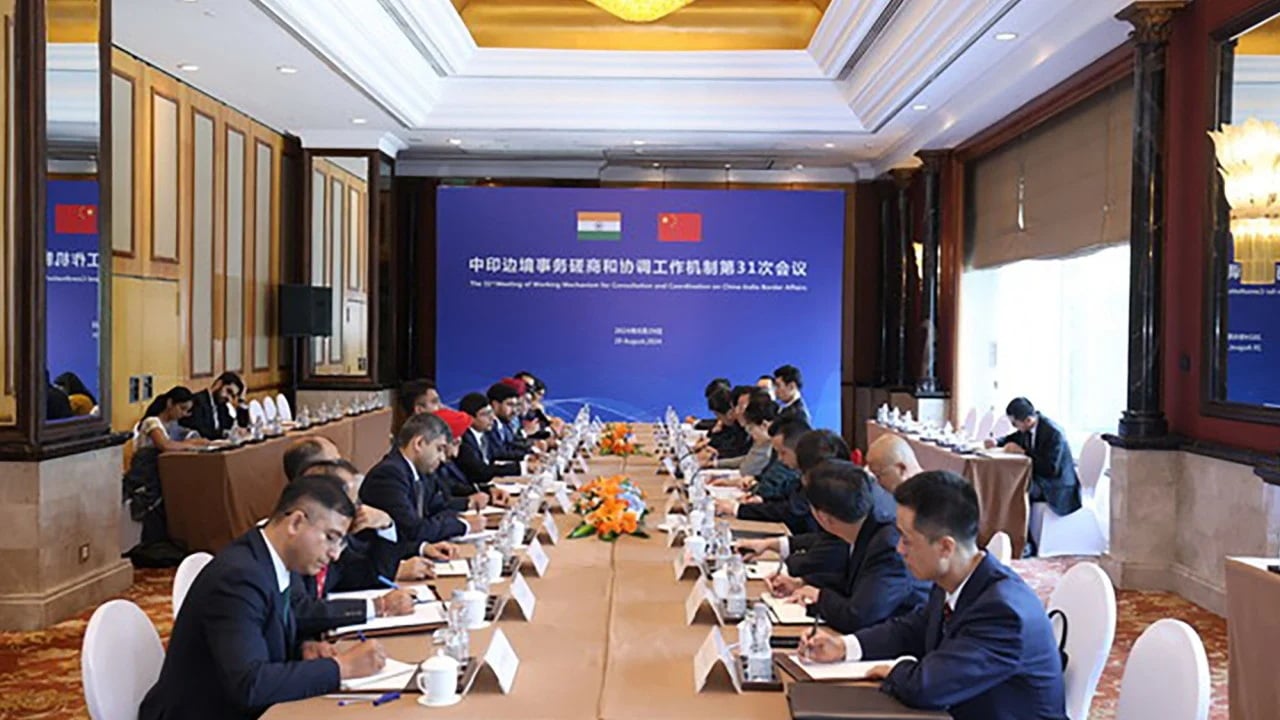
A view of the 31st round of diplomatic talks on the border dispute between China and India. Photo: SCMP
"Both sides agreed to strengthen dialogue and consultation, address each other's legitimate concerns, and reach a mutually acceptable solution as soon as possible," the Chinese Foreign Ministry statement issued after the meeting in Beijing affirmed.
Both sides will "strictly abide by agreements relating to the border" and "immediately improve the border situation," the statement added.
Similarly, a statement from the Indian Ministry of External Affairs following the meeting also said that the two sides had agreed to enhance communication through both “diplomatic and military channels,” and stated that “respect for the LAC (Line of Actual Control) is an essential basis for restoring normalcy in bilateral relations.”
The Line of Actual Control is the 3,200-kilometer effective border between China and India, but its precise definition has not been agreed upon due to a lack of consensus.
The 31st round of border talks took place just one month after the previous one, held in New Delhi, where both sides agreed to accelerate negotiations as the stalemate along the disputed areas entered its fourth year.
The participants in the 21st round of negotiations remained largely the same as before. The meeting was co-chaired by Hong Liang, Director-General of the Bureau of Border and Ocean Affairs of the Chinese Ministry of Foreign Affairs, and Gourangalal Das, Secretary for East Asia of the Indian Ministry of External Affairs.
Diplomats, defense ministry officials, and immigration representatives from both sides also attended the meeting. On the sidelines of the talks, Mr. Das also had a private meeting with Mr. Liu Jinsong, Director-General of the Asian Affairs Department of the Chinese Ministry of Foreign Affairs.
China's Foreign Ministry said on Thursday that the two sides exchanged views on bilateral relations as well as regional issues of mutual concern.
A flashpoint in Sino-Indian relations.
Border disputes have long been a flashpoint in China-India relations, triggering a brief but bloody war in 1962. Since then, the two countries have been divided by the LAC, with no formal agreement reached on the exact location of the border or the more than 120,000 square kilometers of disputed territory.
Both countries maintain a significant military presence in the border region.
The first round of diplomatic talks aimed at resolving border tensions between the two countries was held in 2012. Officially named the Working Mechanism for Consultation and Coordination on India-China Border Issues (WMCC), these talks were proposed by then-Chinese Premier Wen Jiabao during his visit to India in 2010, at a time when the two countries were growing closer economically.
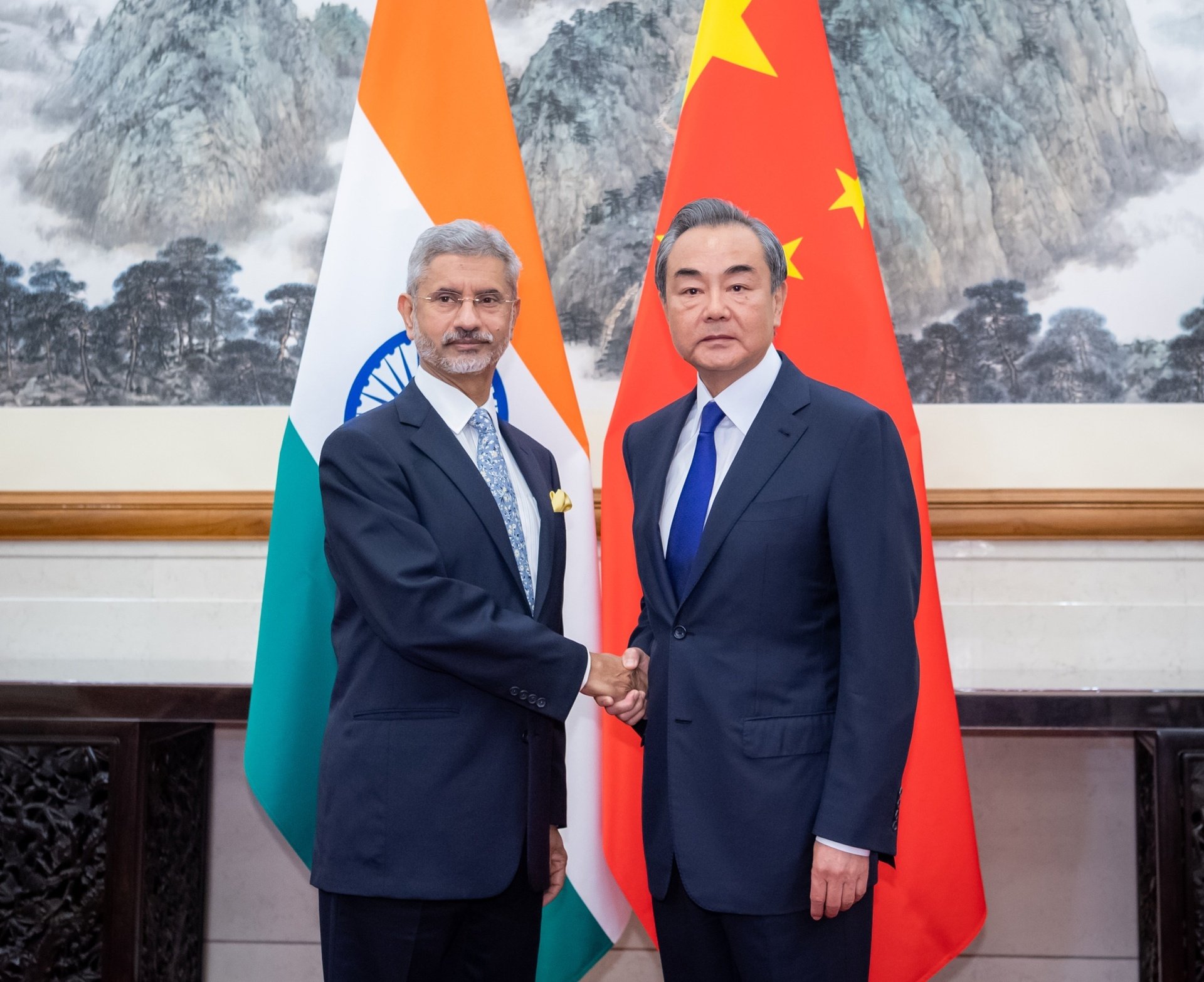
Chinese Foreign Minister Wang Yi (right) shakes hands with his Indian counterpart Subrahmanyam Jaishankar. Photo: Bloomberg.
However, border tensions have heated up since 2020, following clashes in the Galwan River valley that left dozens of Indian soldiers and at least four Chinese soldiers dead. Other border clashes have been recorded at least twice since 2022.
Numerous high-level defense and diplomatic talks followed. These talks helped to ease tensions but did not fundamentally alter the military stalemate along the western Himalayas.
Last month, Chinese Foreign Minister Wang Yi met with his Indian counterpart Subrahmanyam Jaishankar on the sidelines of a regional meeting in Kazakhstan, as well as two weeks later in Laos. These moves are generally seen as part of an effort by both sides to ease tensions in their relationship.
Quang Anh (according to SCMP)
Source: https://www.congluan.vn/trung-quoc-va-an-do-nhat-tri-som-giai-quyet-xung-dot-bien-gioi-post310073.html








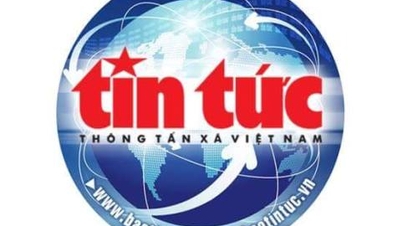

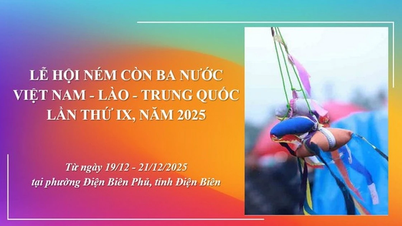





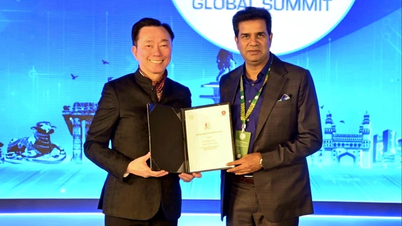








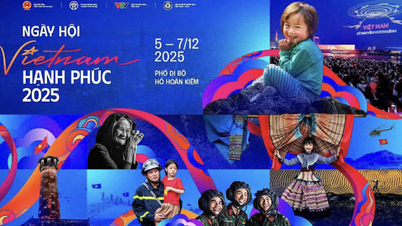







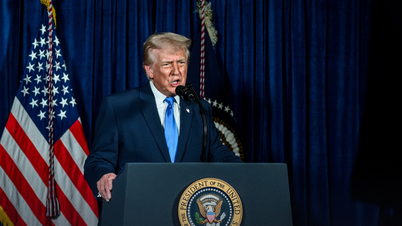
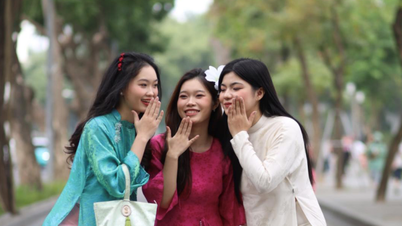








![[Video] The craft of making Dong Ho folk paintings has been inscribed by UNESCO on the List of Crafts in Need of Urgent Safeguarding.](https://vphoto.vietnam.vn/thumb/402x226/vietnam/resource/IMAGE/2025/12/10/1765350246533_tranh-dong-ho-734-jpg.webp)































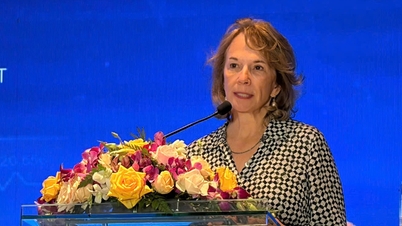


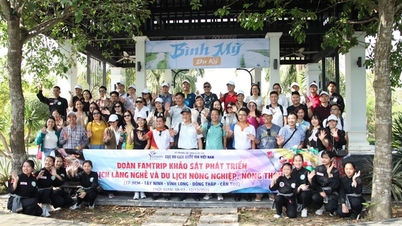

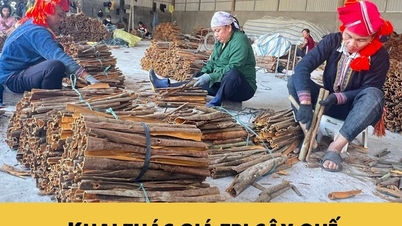
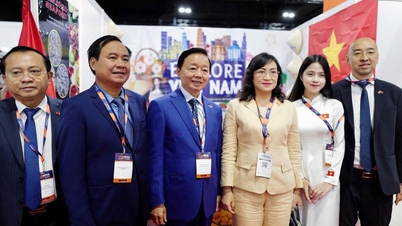

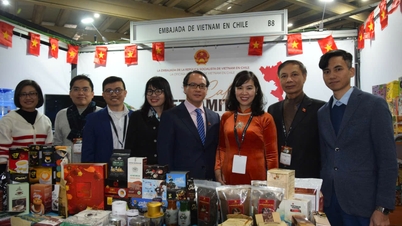
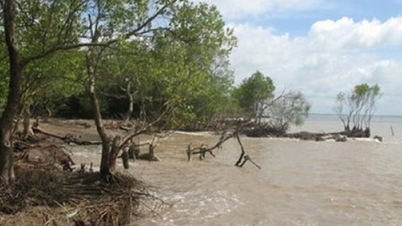


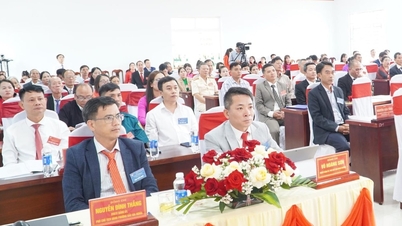


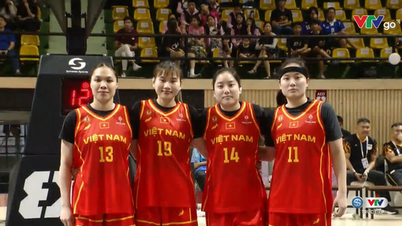

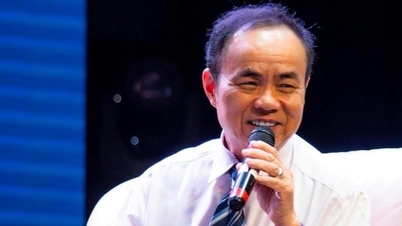

















Comment (0)